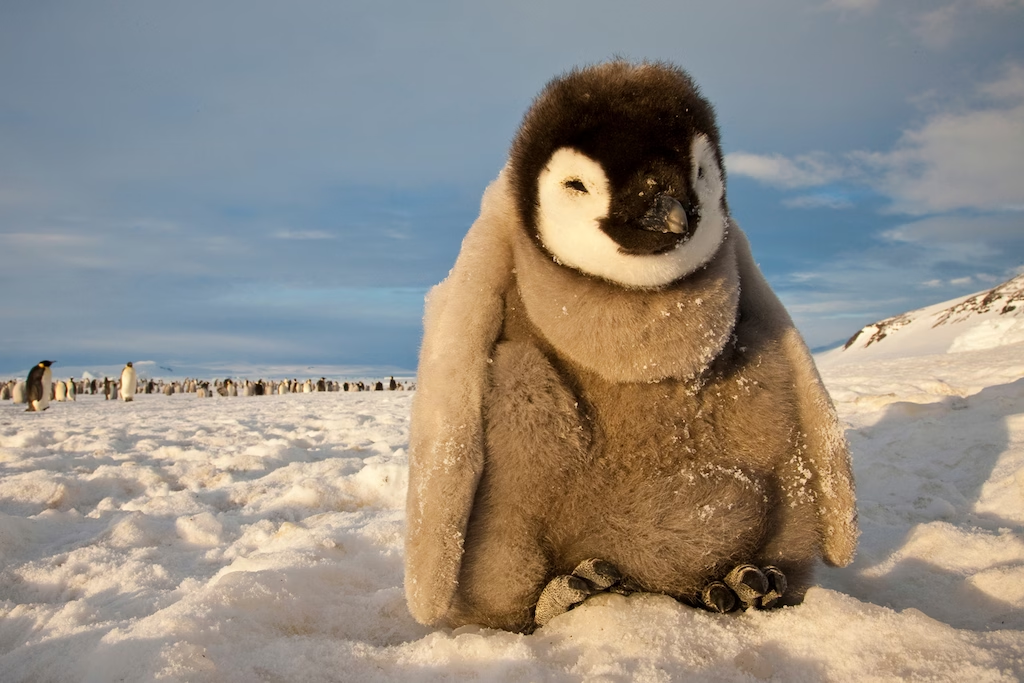Report
When viewing the photographic work of Kevin Faingnaert, Benson Batty and Robert Mellor, they are similar projects that have a lot in common with my own approach. These photographers visited various communities and got to know the communities by taking a more journalistic approach. For the people within these off-the-grid communities and Coed who had agreed for their lives to be catalogued, it was important to them to be seen in a positive light. It is also important to remember that these communities relied on the land for their homes and their livelihoods.
“In terms of photography,” Batty says, “I found it most difficult to portray the minor changes in our lifestyle compared to theirs and not make it look like a cliché. I wanted the project to be romantic and portray the relaxed and slow pace of life they had, without stating the obvious” (Clifford, 2018).
Within all communities, they are very wary of how the photographs are taken and how their lives are portrayed. As a photographer, I was also conscious of making people uncomfortable and exposing them unnecessarily. Referring to Batty’s body of work, the majority of photographs do not include many people, Batty chose to keep people’s features limited. It is also to be said that these communities also want to challenge the hippy stereotype and show their sustainable lifestyles as practical and realistic.
“The green movement was laughed at as being total crackpots, 30 years on its mainstream” (Mellor, 2020)
Within the community of Coed Hills, which I would describe as having a ‘hippy vibe’ and being very carefree, the individuals have a variety of skills and when they all come together anything is possible, however, there was also an element of community politics and people had to do certain things in certain ways.
What intrigued me the most was the level of sustainability within this community, ranging from compost loos to generating their own power. They also chose to live off the land producing home-grown food, allowing them to be vegan. It made me think of what I could do within my life, not so much in a regimented way but how I could be more sustainable and do my part for saving the planet.
This project has allowed me to share my experiences by communicating what other types of communities are out there. I wanted to inspire others by making small changes to incorporate sustainability into their lives, for example by recycling plastics. By doing this it would create a ripple effect which would grow.
It has helped me understand the world better. Although I understood the world to some extent, it exposed me to another way of life that looks at a life without the need for all the technology and materials things. When you are at home, there is the internet, none of which is available at Coed Hills. They only have basic things: they have the art of conversation, the outside world, and each other.
I have always had itchy feet and wanted to experience something different, and despite the fear, I now relish how I have transformed and grown as a person.
This journey has been more of a personal one, not about the grade at the end. It has allowed me to explore experiences which before visiting the community at Coed Hills I would have said “No” to now I said “Yes”. It has also helped me discover who I am and strive to be.
I will never forget and hold close to my heart each experience I have had at Coed Hills. Everything from understanding the community, their lifestyle and beliefs to sitting around a campfire underneath the stars while enjoying light-hearted conversation and using our voices to create beautiful music.Then later walking over the embers of a fire whilst being cheered on for support. All this scared me to death but I would not change any of it.
I needed to experience this for myself and catalogue it so I could leave a legacy for other individuals who are too scared to go into the unknown or to consider whether it’s worth the risk. I can happily say that I have already incorporated elements of The Coed Hills Community into my life and will continue to do so.
Where will this project go from here, honestly do not know. What began as a short-term project has expanded into a long-term one possibly further afield from The Coed Hills Community.
Coed Hills is a relatively young community and I want to continue with my body of work. I have considered an exhibition and publication but do not feel it is right at this moment in time because I am seeing more and more with Coed as an evolving community. There is much more to discover about the community at Coed Hills than just what is on the surface, I have just scraped it. How long it will continue is unknown but very much like Coed, like other eco-communities, they were not aware of how their future would pan out.
The Coed Hills Community has grown in population over the years, by way of “The Children of Coed”, born with the community, since the vision of just one person all those years ago. This has allowed the community at Coed Hills to grow and go from strength to strength in their plight to build a bigger sustainable community, instilling values in the outside world through their understanding of what is needed to help Mother Earth. If we all take on board what these eco-communities are trying to achieve in the long term, then like them we will help save our planet.

